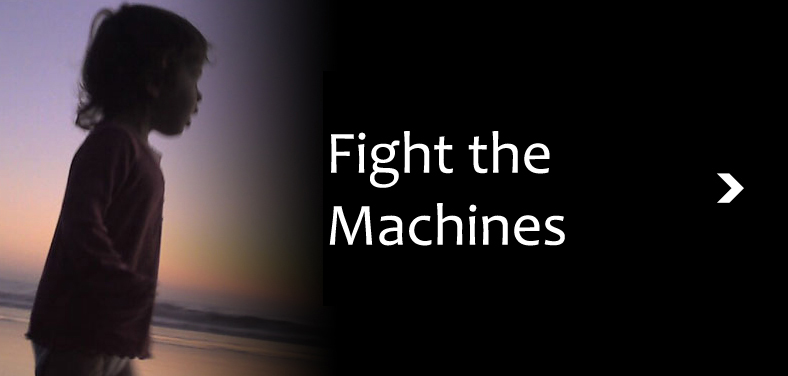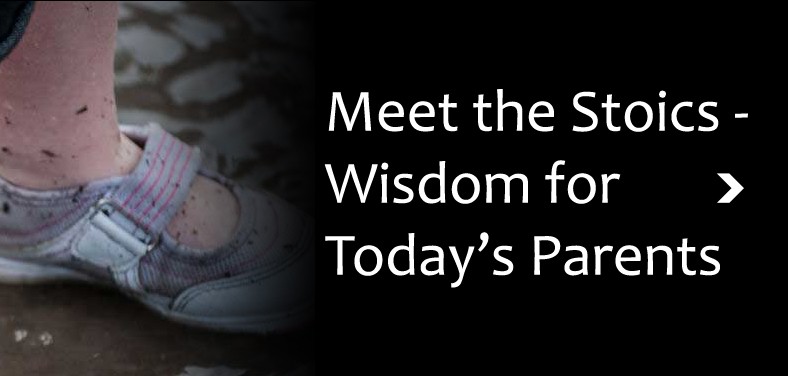Stoicism is often misunderstood as “the ability to soldier onward in the face of pain.” This is only a visible manifestation of a psychological practice leading towards happiness, good relationships, and personal effectiveness.
The ideas of the ancient Stoic philosophers offer today’s parents a practical guide for raising a confident, competent, respectful and resilient child. Stoic practice is as helpful on the playground as it was in the Roman Senate. As a framework for facing the terrors and mysteries of the unknown in a time of uncertainty, it is as fundamental for today’s parents as it was to the great thinkers of the Western tradition.
“Stoa” is Greek for porch – where the stoic philosophers held forth to the Roman elite, offering a practical philosophy – not just a framework of ideas, but a system or practice of habits of mind for daily living. Their influence on early Christian thinkers and the entire western tradition is comparable only to the way their approach is one with many Eastern practices, such as Buddhism, and, in fact, reflected in (or reflective of) current state-of-the art evidence-based mental health approaches, specifically Cognitive Behavioral Therapy.
To the Stoics, “philosophy” was not just a set of beliefs or an ethical framework, but a way of life involving constant practice and training (or askesis). These philosophical and spiritual practices included logic; Socratic dialogue and self-dialogue; regular contemplation of death; training attention to remain in the present moment (similar to yogic or Buddhist meditation); and steady reflection on everyday problems and possible solutions. As an active process of self-reminder, it asks that we examine our judgments and behavior to determine where they diverge from the universal reason of nature, or “things as they are.”
The lessons and benefits of Stoic Practice pertain powerfully to infants and toddlers, and to their parents and others who care for them. They manifest themselves in ideas and practices strikingly similar to those of Dr. Emmi Pikkler and of Magda Gerber’s respect-based RIE approach. These commonalities include cultivating a practical and realistic mental health through respect for the individual’s choice, and the necessity of hewing to nature. In practice, this is the opposite of “Helicopter Parenting;” it offers the practitioner the assured quiet confidence that comes from living in the moment, in harmony with nature, with a true sense of oneself and one’s place in the world.
I could go on and on about Stoic Practice and parenting – and I will. The work of the Stoics is the “How” – the work of Pikler and Gerber (and developmental neuroscience, and Reflective Parenting) are the “What.”




Add comment